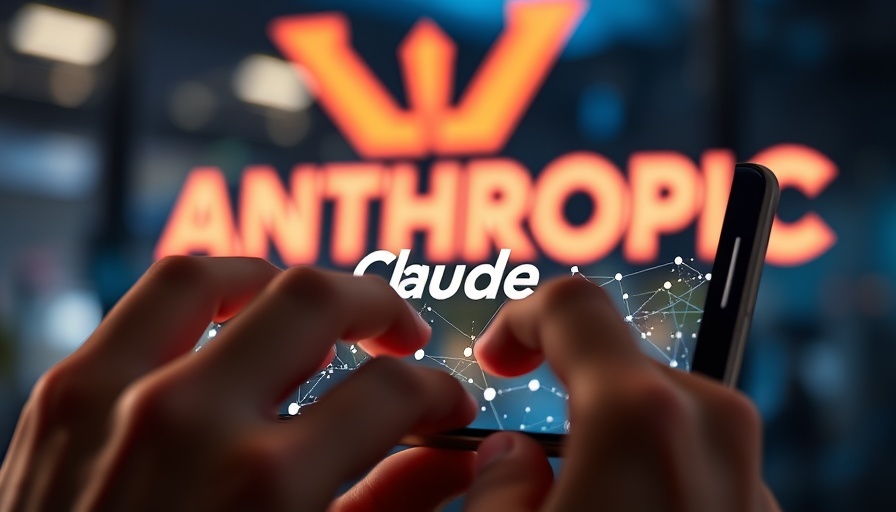
Understanding the Settlement: What It Means for AI Development
The recent settlement of $1.5 billion reached by Anthropic in a landmark copyright class action lawsuit has sent shockwaves through the tech community, particularly those involved in artificial intelligence. This substantial payout for allegedly using pirated digital library files raises important questions about copyright laws and future AI training practices. One of the most notable features of this settlement is that it allows Anthropic to retain its Claude AI model, despite the infringement accusations. This decision may redefine how AI companies approach similar legal challenges in the future.
The Implications of Retroactive Licensing Fees
Yelena Ambartsumian, an AI governance and intellectual property lawyer, has categorically stated that "this isn’t algorithmic disgorgement"; rather, it can be viewed as a retroactive licensing fee for using the copyrighted material. This effectively means that Anthropic gets to sidestep heavy financial penalties associated with severe infringement cases. Instead of fearing massive fines for copyright violations, AI companies might come to view these settlements as manageable costs of doing business, reshaping the landscape of AI model training.
The Importance of Class Certification
In the settlement, the court certified a class action for rights holders, a move that’s crucial as it sets a precedent for other cases. However, the implications of this legal decision vary significantly across different lawsuits involving AI developers like OpenAI and Google. Not every copyright claim against these companies will meet the same threshold for class action status. As Ambartsumian points out, while the Anthropic case may not trigger a torrent of new lawsuits, it nevertheless highlights how established legal protections can shape corporate behavior in technology.
Fair Use vs. Piracy: The Court's Ruling Explained
The distinction between lawful use and infringement is particularly crucial in this context. Judge Alsup's split ruling clearly stated that using purchased books complies with fair use laws, while using pirated copies does not. This underscores the need for transparency and ethical practices in the AI community, especially as more companies train their models on vast expanses of textual data. The implications for the industry are immense; companies must be judicious in sourcing their materials to avoid similar legal challenges.
Future Directions: Training Models Responsibly
This settlement may push AI developers to reconsider their data sourcing strategies. With Anthropic’s ability to retain its Claude model, the focus may shift from how to avoid infringement liabilities to how to implement ethical practices in AI training. Developers might be encouraged to prioritize lawful avenues for acquiring datasets, leading to better industry standards overall.
Conclusion: The Path Forward for AI Companies
The Anthropic settlement provides an illuminating case study at the intersection of technology and law. While the outcome may initially appear to enable bad behavior, there is an equally strong message about striving for innovative yet ethical AI practices. As technology continues to evolve at a breakneck pace, how companies like Anthropic choose to react to this decision will likely set important precedents for AI governance and accountability moving forward.
 Add Row
Add Row  Add
Add 




Write A Comment